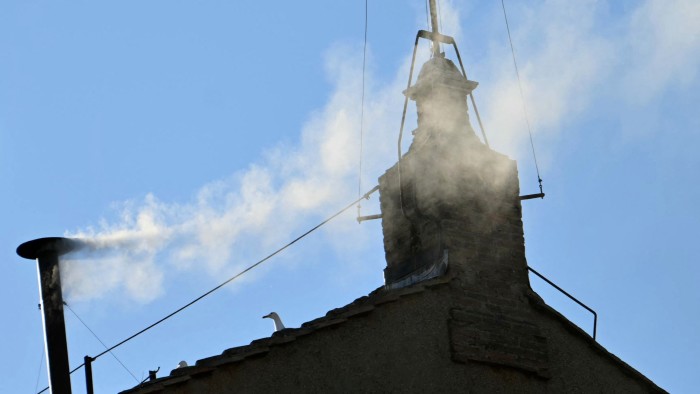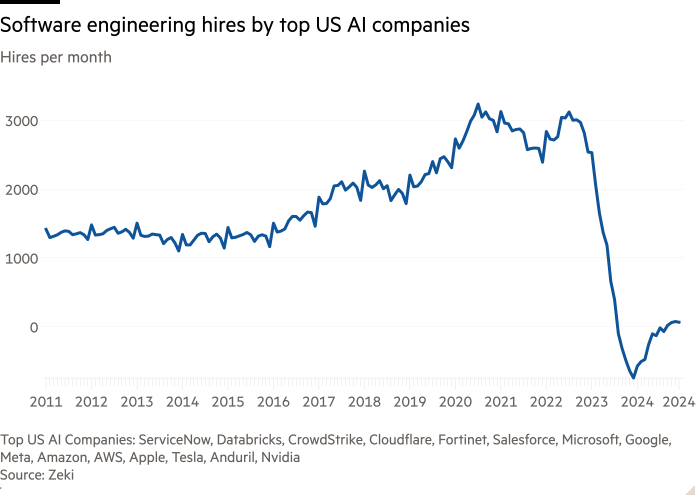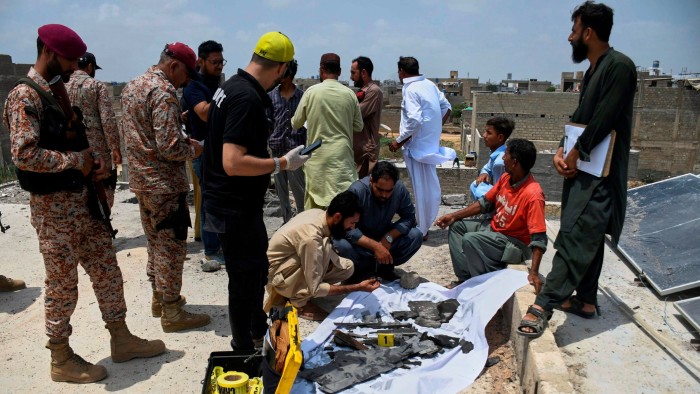Iranian terror suspects ‘targeted Israeli embassy in London’

Unlock the Editor’s Digest for free
Roula Khalaf, Editor of the FT, selects her favourite stories in this weekly newsletter.
The Israeli embassy in London was the target of a terror plot by Iranian nationals who were arrested by British counterterrorism police on Saturday, according to people familiar with the investigation.
Five Iranians were detained in co-ordinated arrests across England on Saturday, while three other Iranians were detained in a separate operation.
Until now UK authorities had not indicated what the suspects were targeting, although the Metropolitan Police on Sunday said the investigation related to “a suspected plot to target specific premises”.
But people familiar with the investigation said on Wednesday that the five Iranians arrested in west London, Swindon, Rochdale, Stockport and Manchester were suspected of being part of a cell that was in the final stages of planning an attack on the Israeli embassy in Kensington, west London.
They indicated that the suspects may have been hours away from executing their plans when police intervened.
The Israeli embassy in London did not respond to a request for comment.
The separate group of three Iranians were arrested in London under the National Security Act, which allows warrantless arrests if people are suspected of being involved in “foreign power threat activity”.
Security minister Dan Jarvis on Tuesday called the arrests “some of the largest counterterrorism actions that we have seen in recent times”.
The operations “come against a backdrop of complex, interconnected threats to the UK, where state threats and counterterrorism, as well as serious and organised crime, are intertwined together”, Jarvis added.
One of the five Iranians had been released on bail under strict conditions, Jarvis said.
Sir Ken McCallum, head of Britain’s MI5 domestic security service, said in October last year that his agents and police had tackled 20 “potentially lethal” plots backed by Iran since 2022. The majority were aimed at dissident Iranians living in Britain, he added.
Additional reporting by Andrew England








